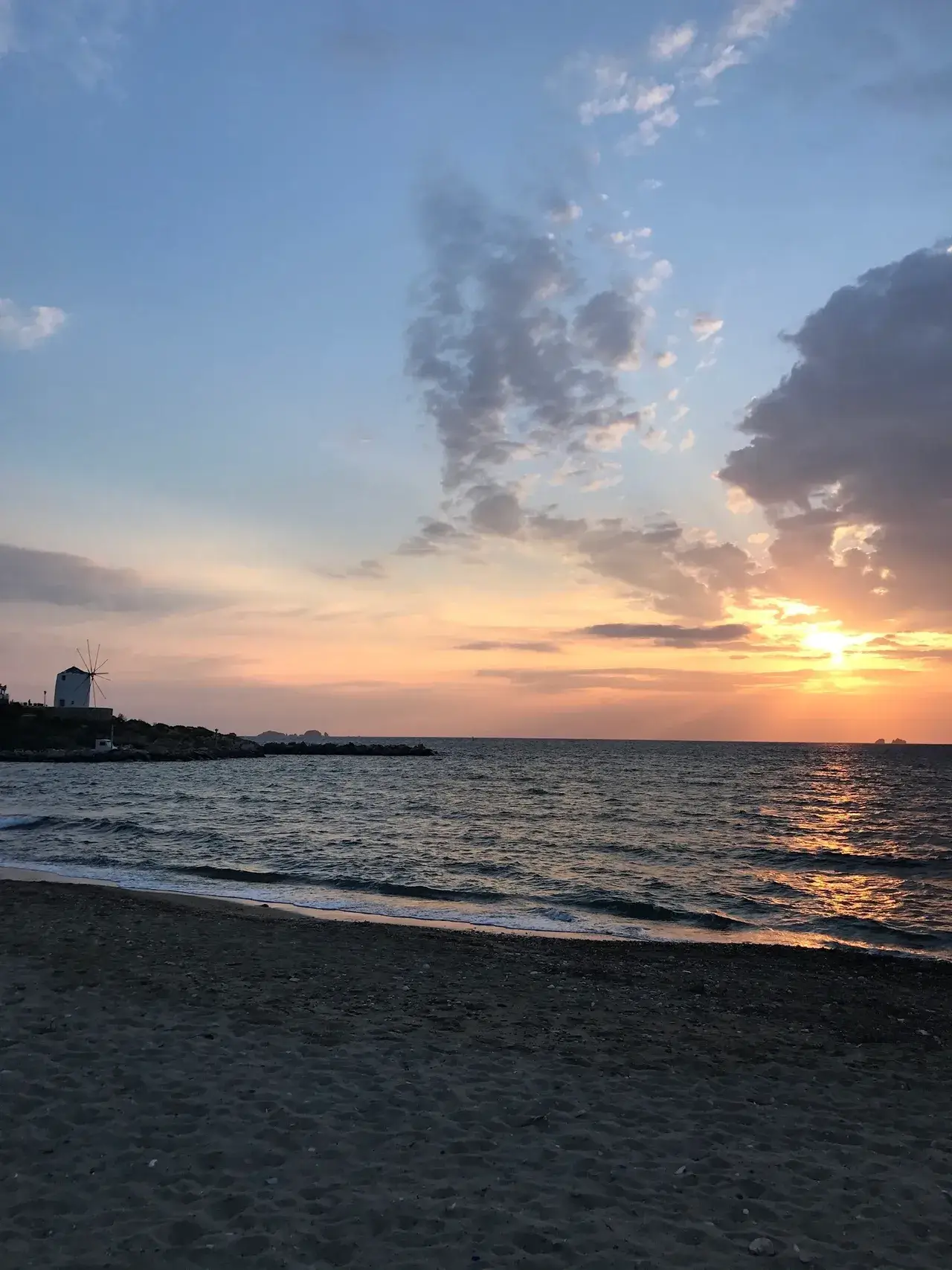How to be a better traveller

Paros, Greece
Our Founder, Dr Charlotte Russell interviews the ‘Original’ Travel Psychologist, Dr Michael Brein.
What is the difference between a traveller and a tourist, and how can we travel more meaningfully? These are questions that Dr Michael Brein has been exploring since he studied intercultural communication at the University of Hawai’i way back in the 1970s. Since then, Dr Michael has travelled extensively, wrote a number of books and listened to thousands of stories from fellow travellers.
In this interview, I got Dr Michael’s top tips on how to be a better traveller.
1. Be intentional in understanding the culture you’re visiting
Intercultural communication, put simply, is the challenge of people from different cultures communicating with one another. As cultures can vary significantly, in both obvious and subtle ways, this can create tensions and misunderstandings. Dr Michael is an advocate of learning how to communicate though experience:
“In order for you to improve in your intercultural understanding you have to have those interactions, and you have to learn. You have to make an effort and it is a learning curve.”
Each small interaction can help to develop our intercultural understanding and our confidence. For more of this, see our previous article Travel & the importance of talking to strangers.
Of course, when we interact with people in other cultures we should always aim be open and welcoming to different ways of being, and to never assume. We should also be respectful and polite at all times.
It can also be helpful to learn about the culture you’re visiting beforehand; research the local customs and culture and if you can speak to other people that have visited. Blogs written by local people or expats who have relocated are often a helpful source of information and can prepare you for your trip. A little bit of understanding can go a long way!
Dr Michael also explained that immersing yourself in a new culture in this way can help you to move from being a tourist to a ‘traveller’:
“The more you advance yourself, the more likely you are to be able to morphe from tourist to a traveller and explorer.”
2. Aim to be adaptive
As there are often important differences between cultures, Dr Michael advises being aware of the need to adapt our behaviour accordingly:
“You can’t just immerse yourself in new place, with new people and to get by with your old ways. I think of myself as a perfect example here: When you’re back home in your routine you are less inclined to be explorative. You want everything to be predictable and reliable. The less you think about your day-to-day life, the easier it is for you. So everything revolves around predictability and reliability and you are just dealing with your normal relationships and activities.
But let’s say you move over from Manchester to Paris; your old ways of doing things that you just fall back on just don’t work. You have to expand your receptivity. That’s not always an easy thing to do, to go from being unconscious to more aware.”
So, when we travel, we have to be aware that we will have to adapt our ways of doing things. We have to be open to new information. Skills such as mindfulness can help us to be more self-aware and there also are ways that we can increase our psychological flexibility.
3. Set goals that are unique and meaningful to you
Dr Michael also advocates setting ourselves specific goals when we travel:
“A very simple example of my own is that I discovered a sweater that I realised was manufactured in Sweden. I thought to myself “I really like those sweaters, I’m going to find the factory in Sweden, where they have all these different choices”. That was a fun thing that I did.
Another one was in the Alps: the Alpine Tourist Commission have a passbook. You can get a stamp in each of the seven locations throughout the Alps. The fun thing was that I got all seven stamps and I got a badge at the end. The point was that it was a goal that took me to all of these phenomenal places where you got your passbook stamped.
Also, simply the act of learning a little bit of the language; it can be very reinforcing and satisfying when there mutual understanding.”
The message here is that the goals don’t have to be anything grand or spectacular. They just have to be meaningful to you, and they may take you to spectacular places.
4. Achieve personal growth through enjoying yourself
Dr Michael also advises how having fun when you travel can help you to grow:
“In the process of enjoying yourself and having a good time you’re learning. There’s no greater way than growth through exploration. It’s built in; I think we’re hardwired for it.”
So aim for having fun and exploring, be open to new experiences and this can create the ideal conditions for growing and learning. That’s great advice. For more on this topic, see our previous article Can travel help with our personal growth?.
So there we have it. Four great tips from the original Travel Psychologist. You can find out more about Dr Michael on his website here
